 This 2018 Bugatti Chiron just became the most expensive car listed on eBay
This 2018 Bugatti Chiron just became the most expensive car listed on eBay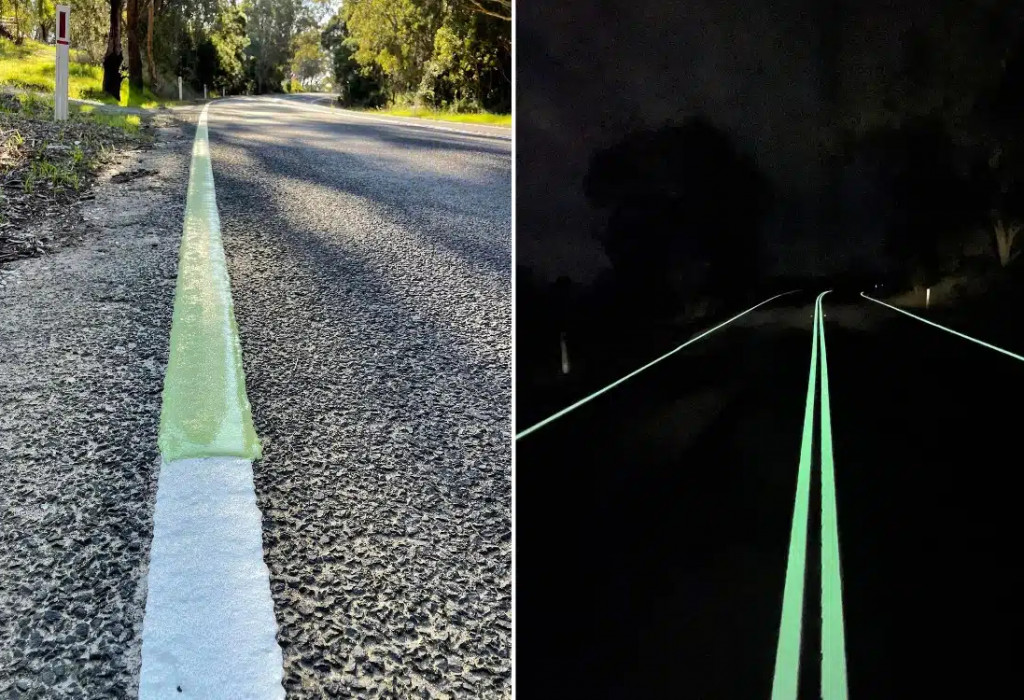 Australia is trialing glow in the dark lines on the roads to improve safety at night
Australia is trialing glow in the dark lines on the roads to improve safety at night The Japanese make probably the most insane idea vehicles
The Japanese make probably the most insane idea vehicles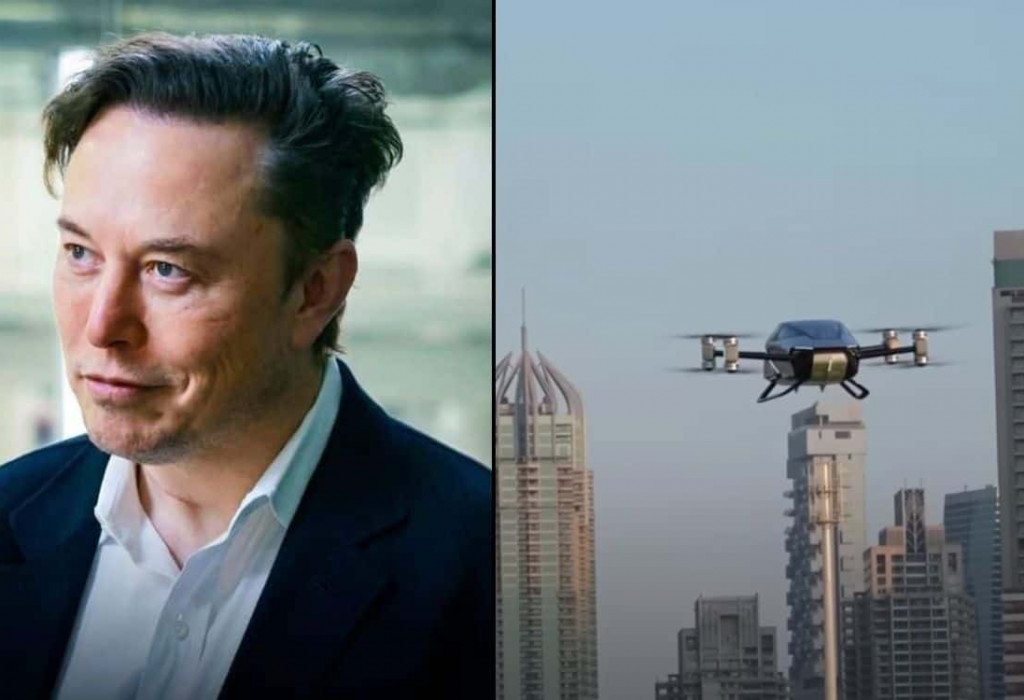 Elon Musk thinks cars with the capability to fly are an idiotic thought
Elon Musk thinks cars with the capability to fly are an idiotic thought Mercedes E-Class gets a new look with more technology and AI.
Mercedes E-Class gets a new look with more technology and AI.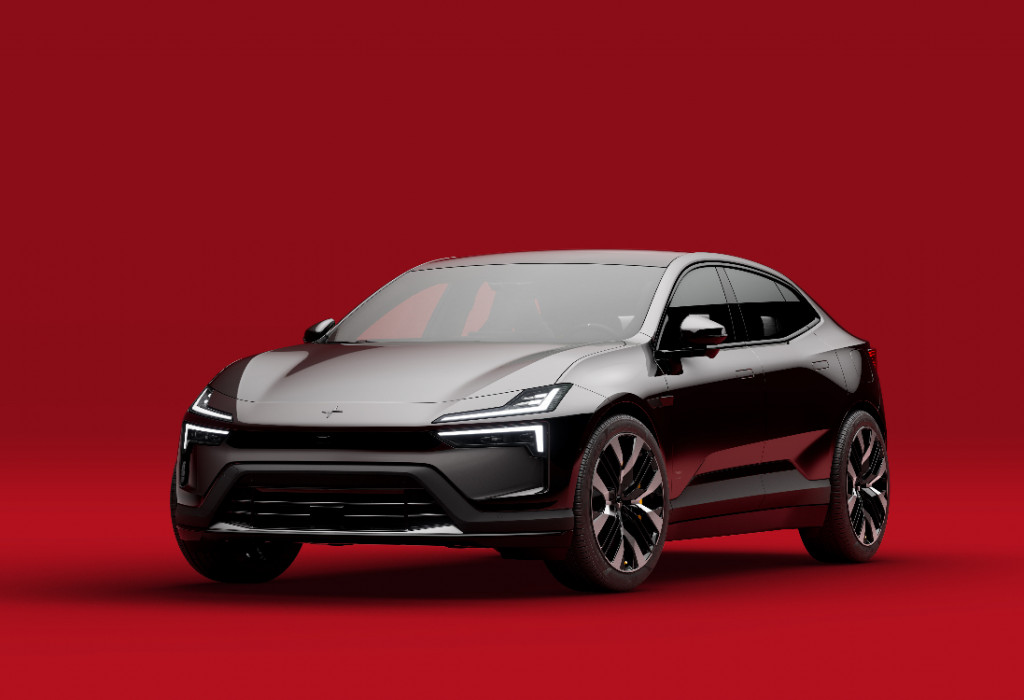 The Polestar 4 SUV-coupé was shown off, with no rear window and 544 horsepower.
The Polestar 4 SUV-coupé was shown off, with no rear window and 544 horsepower. Mercedes-Maybach elevates EV luxury to an insane new level.
Mercedes-Maybach elevates EV luxury to an insane new level.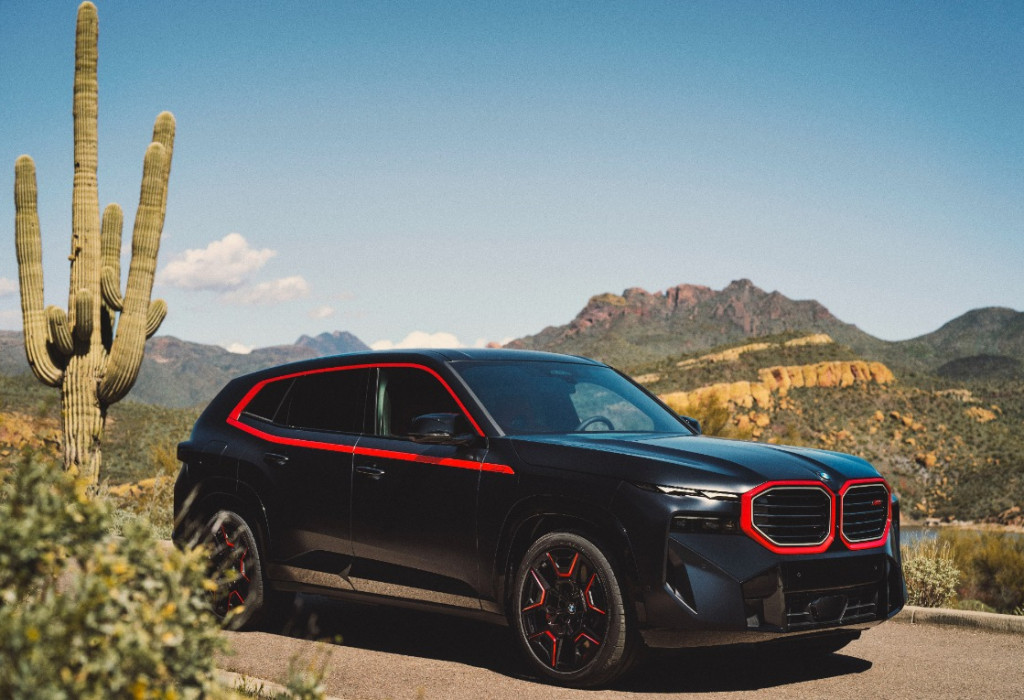 The most powerful M-Car ever produced is the BMW XM Label Red.
The most powerful M-Car ever produced is the BMW XM Label Red.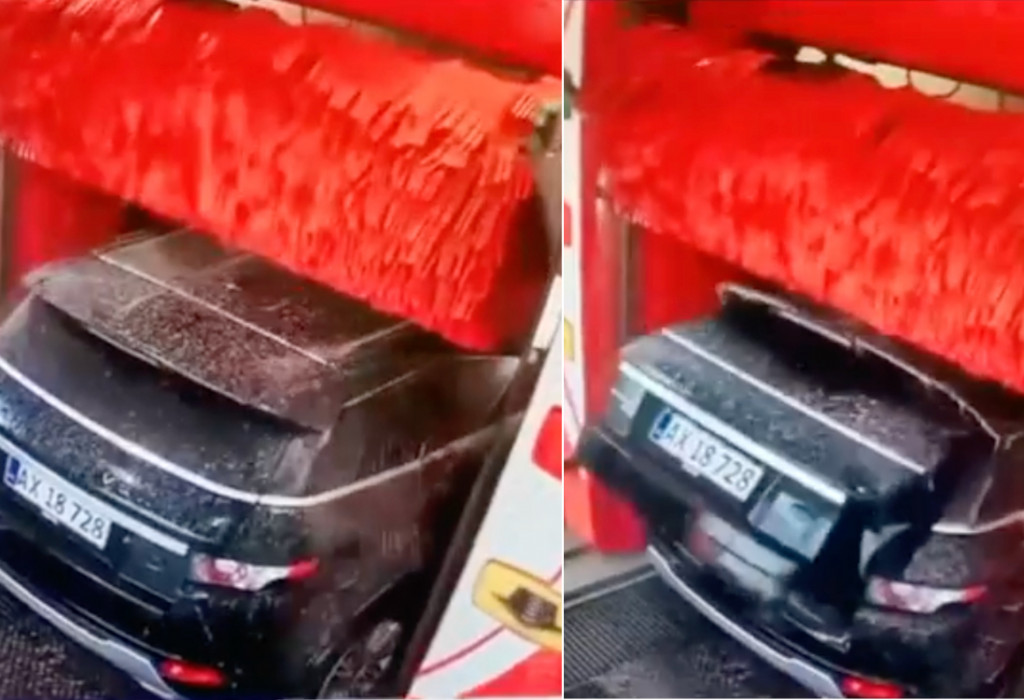 As a Range Rover passes through a car wash, watch as it is destroyed.
As a Range Rover passes through a car wash, watch as it is destroyed.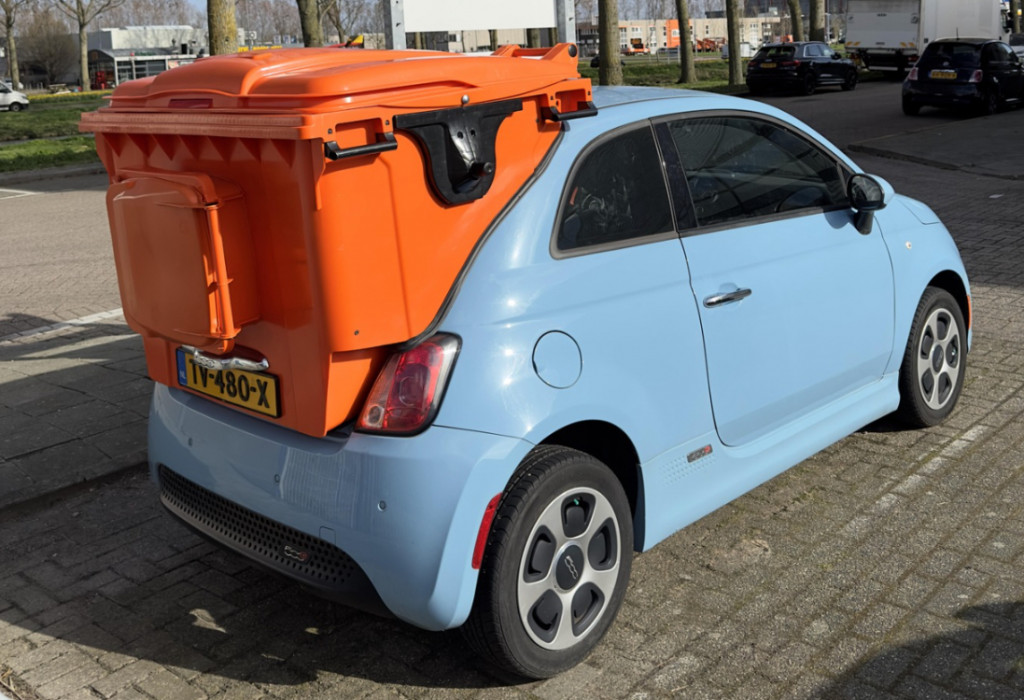 The smallest garbage truck in the world was made by the Fiat 500e.
The smallest garbage truck in the world was made by the Fiat 500e.Two Bathurst Bentley Continental GT S special-edition models have been created by Mulliner. Both special edition Bentley models pay homage to the road car's sibling, the Continental GT3, as well as the illustrious Bathurst 12 Hour.
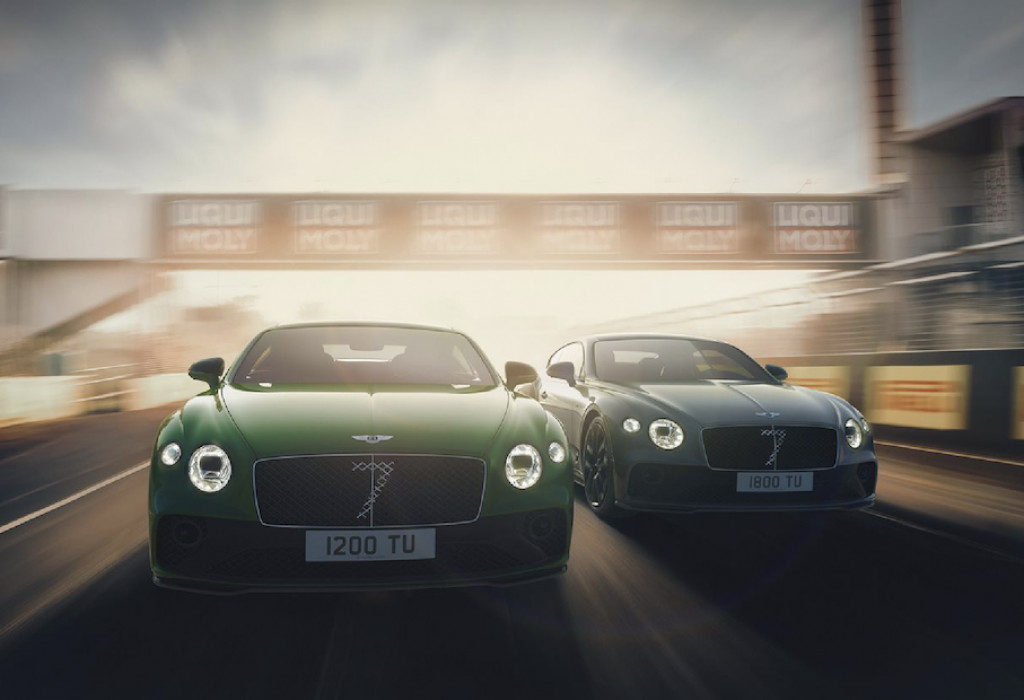
Each of the two custom-built Bentley road cars has its own set of requirements. The exterior of the first Bentley Continental is painted in vivid Apple Green, drawing inspiration from the winning race car's livery. A Beluga black roof, wing mirrors, lower bumper, and silhouette of the rear trunk set off the paint job.
According to the racer, it even has a number seven painted on the grille matrix.
All of the bright chromework on the car's exterior has been replaced with polished black pieces.
The carbon front splitter, side skirts, and rear diffuser of the Styling Specification have been added, giving the vehicle a more aggressive appearance.
While maintaining a performance feel, the cabin is significantly more opulent than that of the race car.
In Beluga, Dinamica and Leather are mixed together, and micropiping and contrast stitch add Apple Green accents.
The words "BATHURST" and "One of Two" are written on the treadplates and stitched into the headrests.
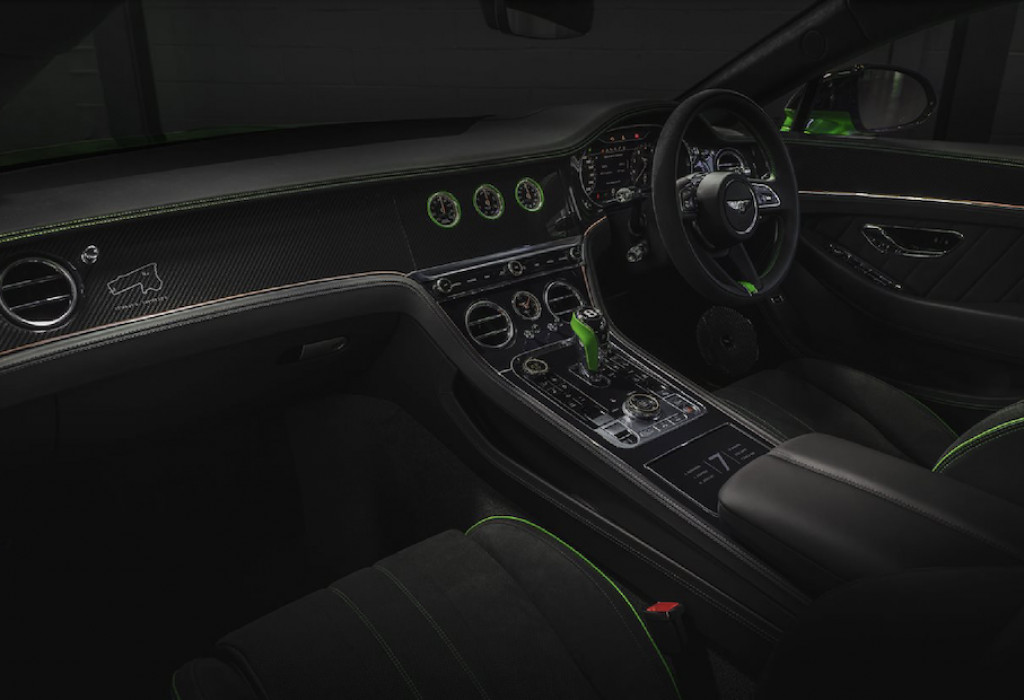
On the passenger side, the carbon fiber technical finish fascias have a one-of-a-kind metal overlay depicting the track.
Additionally, the winning number seven and the names of the winners can be found on the center console.
Reflecting the introduction of the second-generation Continental GT3, which debuted in late 2017 and began competing in 2018, the second vehicle is painted in Silver Tempest.
The second vehicle is identical to the first, with a bespoke interior and black chrome, carbon fiber, and styling specifications.
A commemorative framed artifact and a 1:18 scale model of the winning vehicle will be provided with each vehicle.
Performance of a race-inspired V8 engine A 4.0-liter. V8 engine powers the two special-edition Bentley Continental GT S models.
That engine has 542 bhp and 568 lb-ft of torque, and it can go from 0 to 100 kilometers per hour in just 4.0 seconds.





